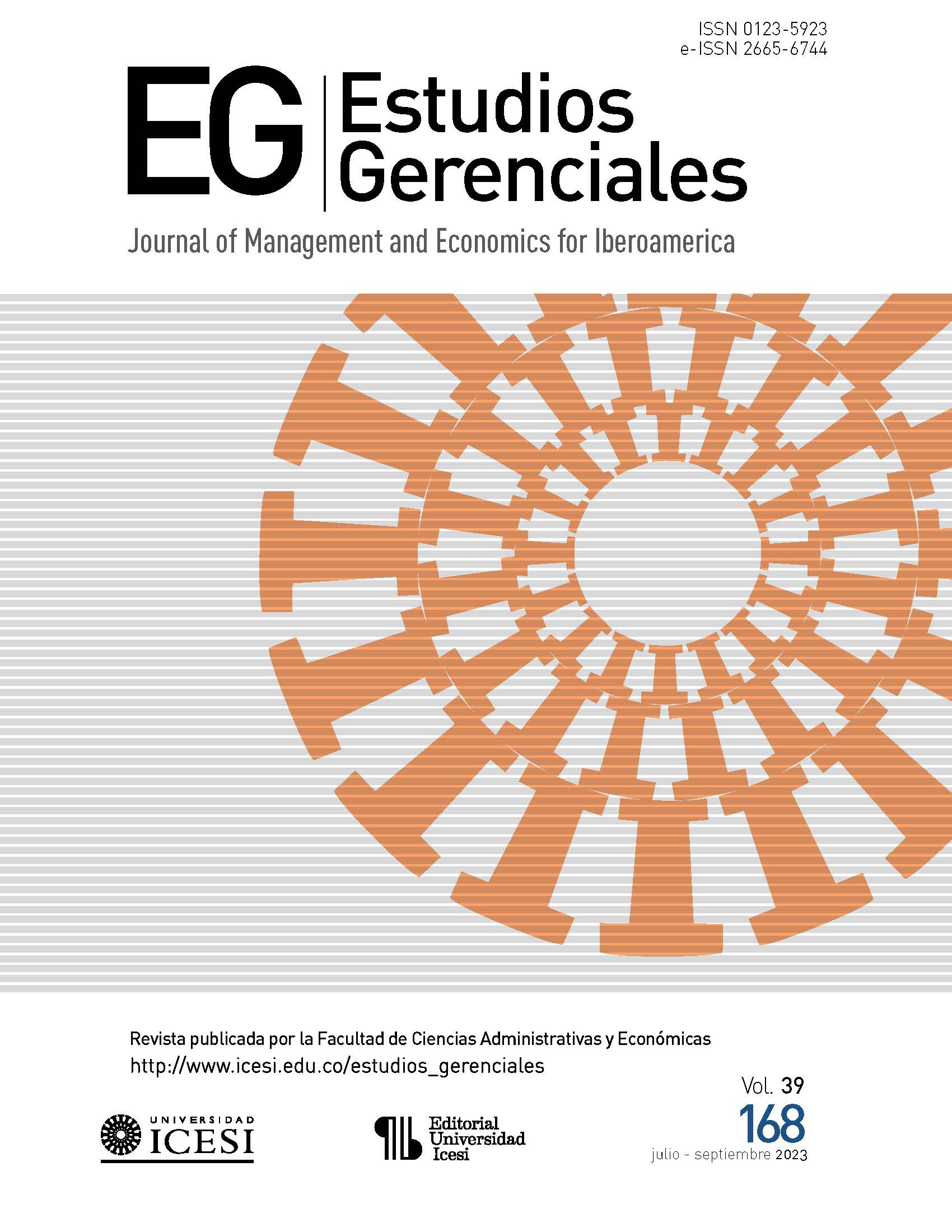The Day-of-the-Week Effect and the Adaptive Market Hypothesis in Latin American Stock Markets
DOI:
https://doi.org/10.18046/j.estger.2023.168.5796Keywords:
day-of-the-week effect, Latin American stock indices, adaptive markets hypothesis, efficient markets hypothesisAbstract
The objective of this work is to examine the Day-of-the-Week anomaly from the perspective of the Adaptive Markets Hypothesis for the stock market indices of Argentina, Brazil, Chile, Colombia, Mexico, and Peru in different subperiods and under different market conditions. The Autoregressive-Moving-Average, Generalized-Autoregressive-Conditional-Heteroskedasticity specifications, and the Kruskal-Wallis test used in the study reveal that the Day-of-the-Week effect appears and disappears in three of the indices and that its presence varies under different market conditions in all of them. This empirical evidence supports the Adaptive Markets Hypothesis.
Downloads
Downloads
Published
Issue
Section
License
Articles are the sole responsibility of their authors, and will not compromise Icesi’s University principles or policies nor those of the Editorial Board of the journal Estudios Gerenciales. Authors authorize and accept the transfer of all rights to the journal, both for its print and electronic publication. After an article is published, it may be reproduced without previous permission of the author or the journal but the author(s), year, title, volume, number and range of pages of the publication must be mentioned. In addition, Estudios Gerenciales must be mentioned as the source (please, refrain from using Revista Estudios Gerenciales).








